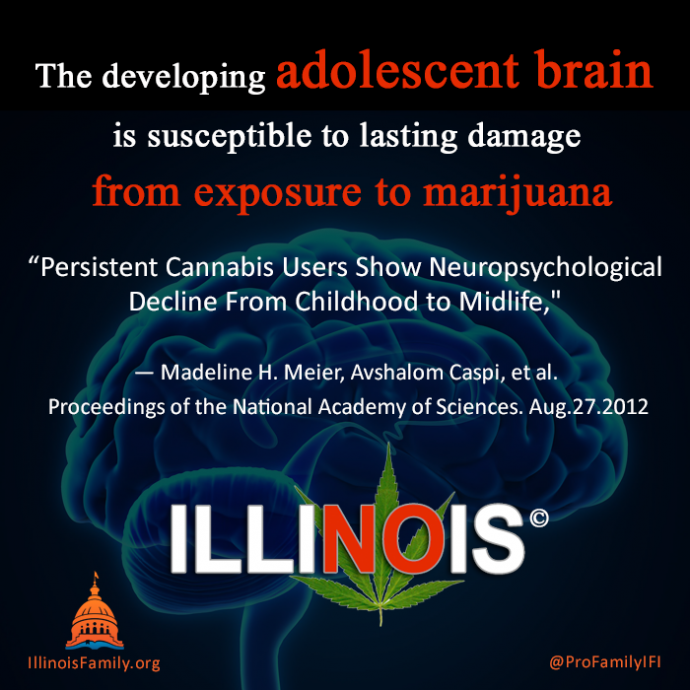It is not your grandfather’s marijuana. Here is Erin Philen writing at American Thinker:
Many states are rushing to legalize powerful recreational marijuana, but they’re running headlong into mental-health issues that should stop them in their tracks. Thanks to recreational marijuana legalization, we are steadily deciding as a nation that widespread availability of marijuana is worth the mental-health risk to our youth, the medical evidence for which is growing stronger every year.
Marijuana is obviously not a new trend, and for the many adults who used it during their adolescence, there seems to be no lasting damage. That’s one reason why, over the past 50 years, the effort to legalize and normalize marijuana use has steadily grown into a movement that has changed minds and laws. So why make marijuana use a big deal now? After all, marijuana, compared to narcotic and psychedelic drugs, seems relatively harmless. However, the big issue here is that marijuana is much more potent now. Today’s marijuana has been hybridized by specialty farmers into an incredibly powerful mind-altering drug. A study labeled the “Functional Consequences of Marijuana Use in Adolescents” found that the average THC content of marijuana has increased from an estimated one percent in the 1960s, to just under three percent in the 1990s, to almost 13 percent today. Recent studies found that adolescent marijuana users demonstrated poorer performance on tests of attention, verbal learning/memory, sequencing, and psychomotor speed compared to non-using adolescents.
At least until the early or mid-20s, “the brain is still under construction,” says Staci Gruber, PhD, Harvard neuroscientist and director of the Cognitive and Clinical Neuroimaging Core. During this period of neurodevelopment, the brain is thought to be particularly sensitive to damage from drug exposure.
The frontal cortex — the region critical to planning, judgment, decision-making and personality — is one of the last areas to fully develop, Gruber says. She has further shown that these commonly high levels of THC permanently degrade the brains’ “white matter,” which helps enable communication among neurons. This rewiring has been linked to major mental health issues including anxiety and depression.
Read more of “Not your grandfather’s marijuana” at American Thinker
For much more on this topic, visit the Illinois Family Institute.

